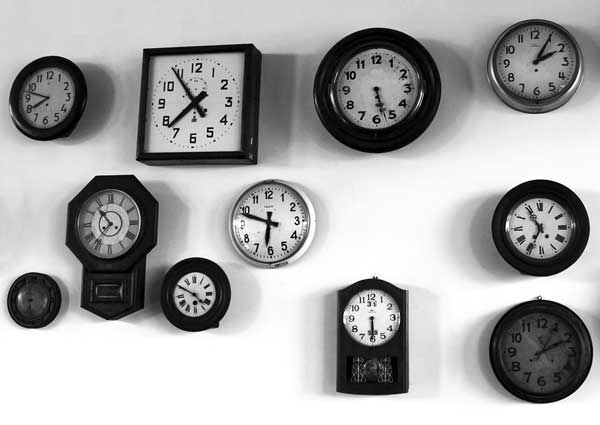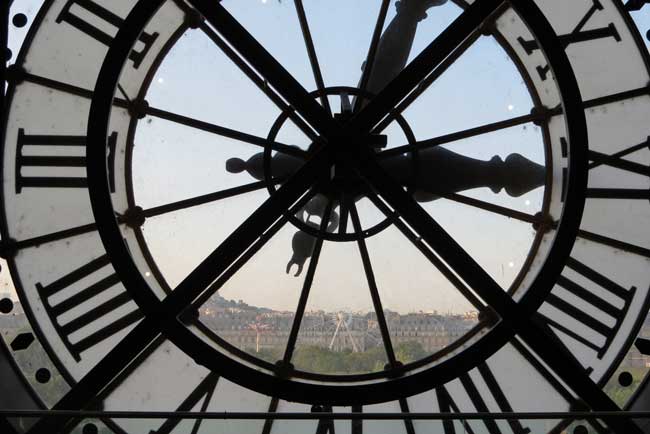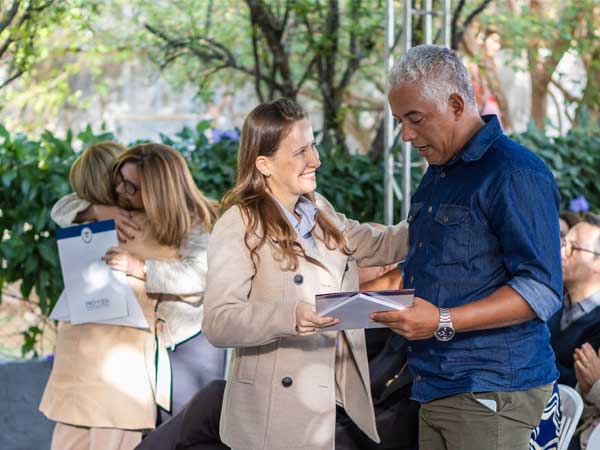A Matter of Time
A Matter of Time


Poets, astronomers, physicists, philosophers pursue, in their own way, a definition of time. This old, complex task proceeds through the history of humanity, maybe since the very beginning.
But how can the contained comprehend the container?
Plato conceived of time as a moving image of eternity. But – said Plato – “the nature of that being was eternal, and it was not possible to adjust it completely when being created.” He then thought of building a moving image of eternity, and “when he had ordered heaven, he built, from eternity that remains a unity, an eternal image that advances according to number; it is what we call time. In fact, days, nights, months and years did not exist before heaven was created, as he prepared the creation of those at the same time as it was constituted. They are all part of time”.
Time, then, can be in the celestial movements, in your watch, in the succession of events. It is the past, the present, and the future that language itself is responsible for expressing in countless distinctions.

It can also be captured by your perception. It seems that the deepest thoughts, emotions and dreams, exceed the course of time, when you can admire the beauty of a sky full of stars or a sunset; when you are in the company of friends to share moments of joy and happiness. The perception of time, then, enables living, slowly or rapidly, each experience as a unique, unrepeatable moment. It seems that time, on these occasions, only flies, but clocks bring us back to its inexorable calculation.

The time of a life could be perceived as those moments in which the Universe enters the heart, and the heart is the Universe itself. And which clock could bring us back to the time spent in those so-called magical moments?
Time is not something objective, but we can give objective to our time; we can create inside us the feeling of being at “home”, immersed among the stars; and the time of a whole life can be perceived as the eternal moment of a single breath.









